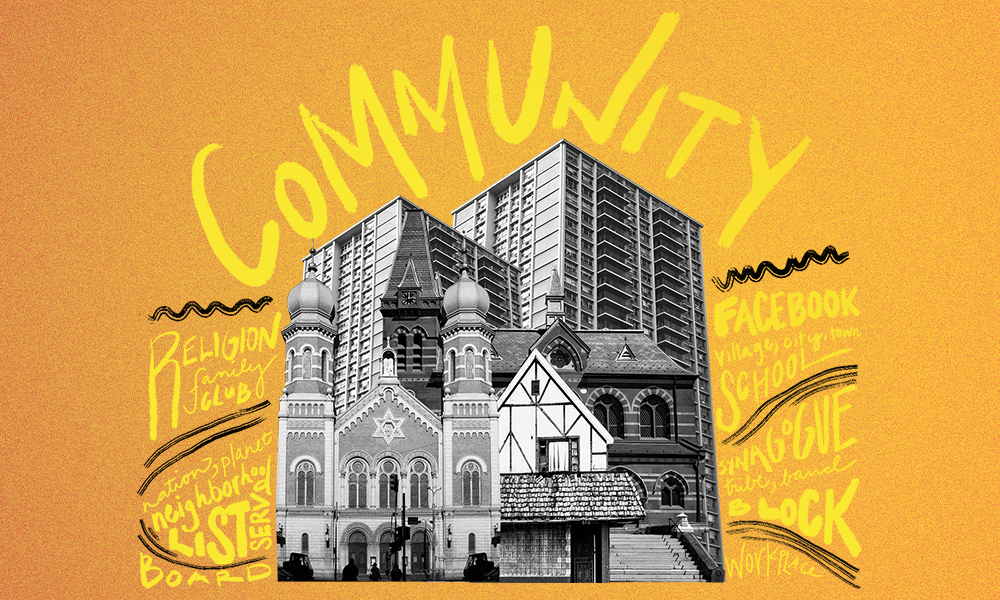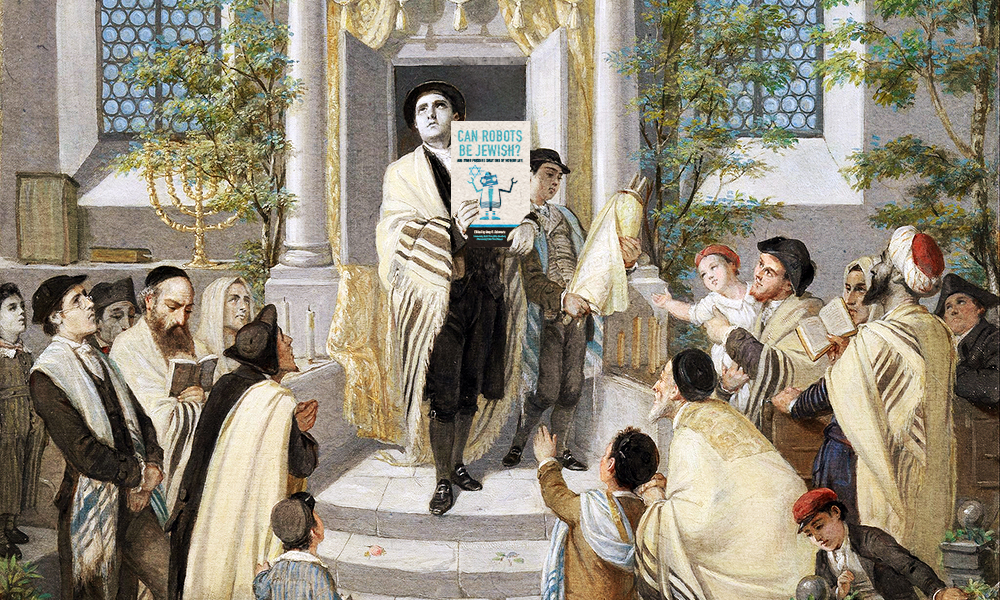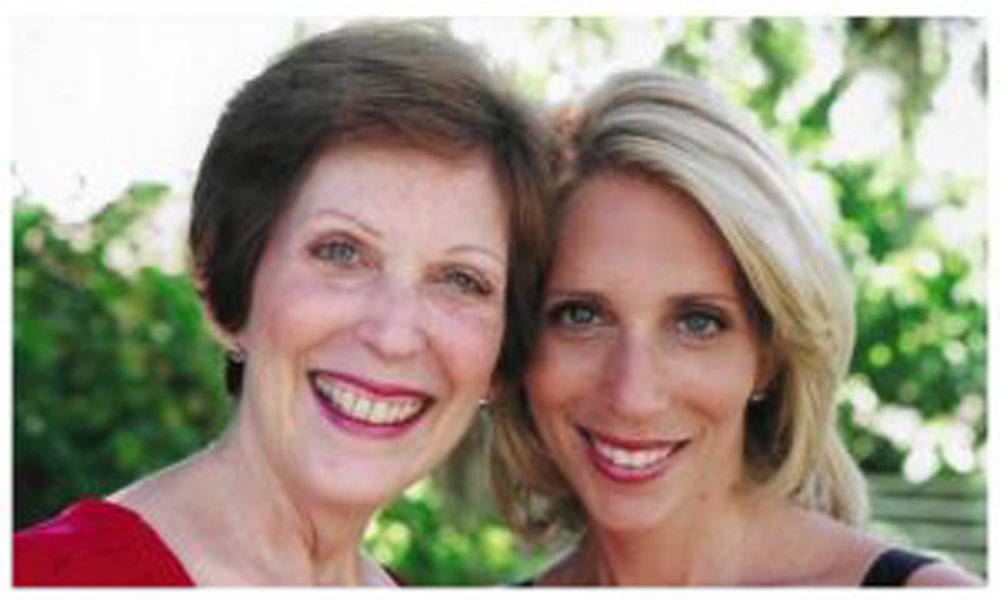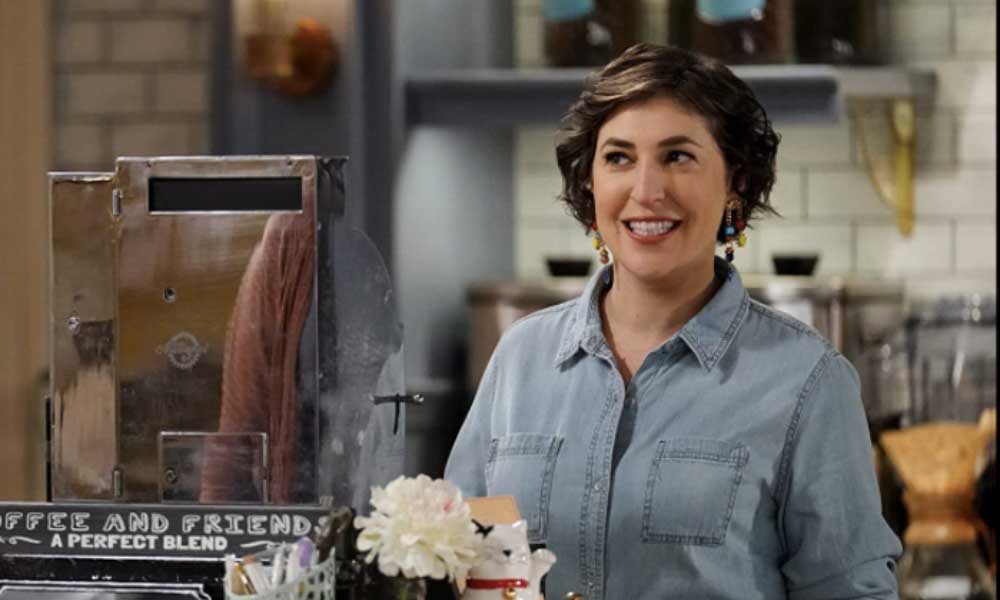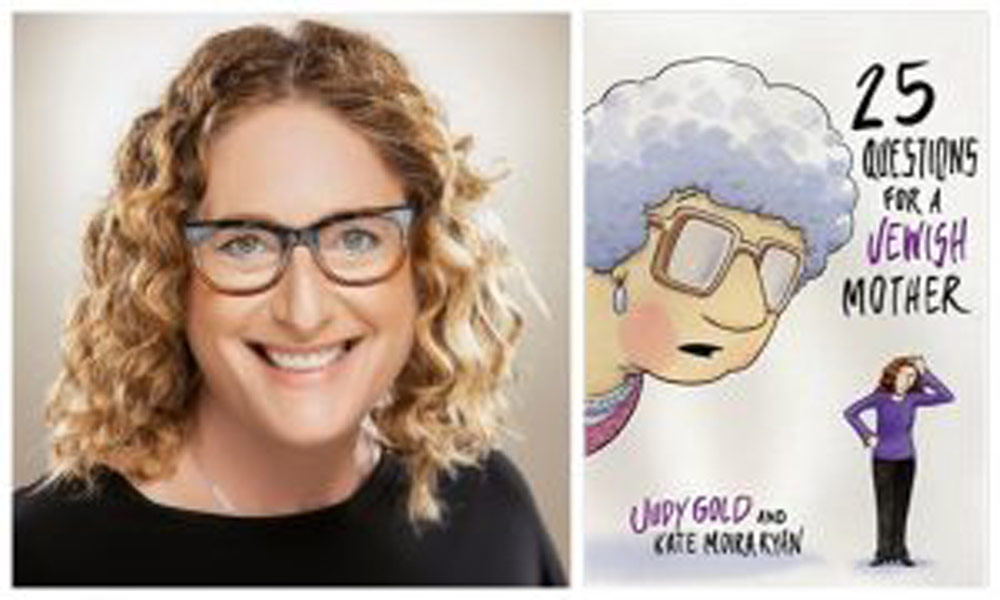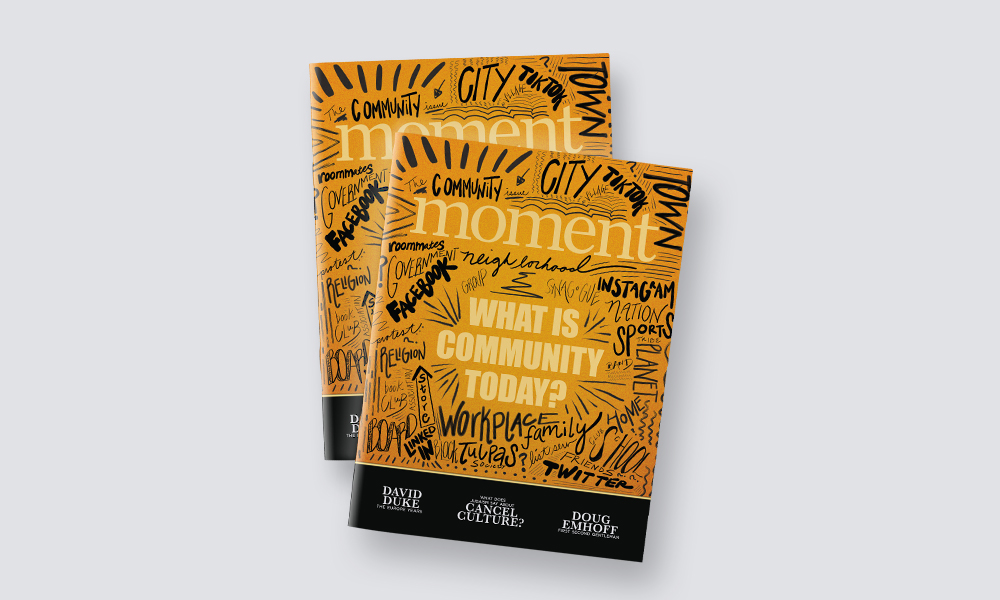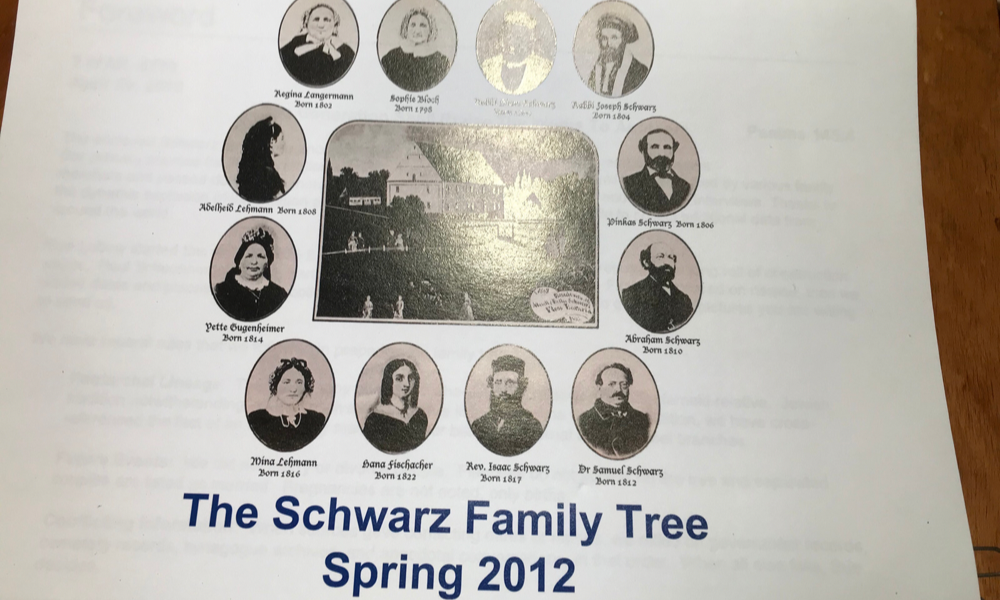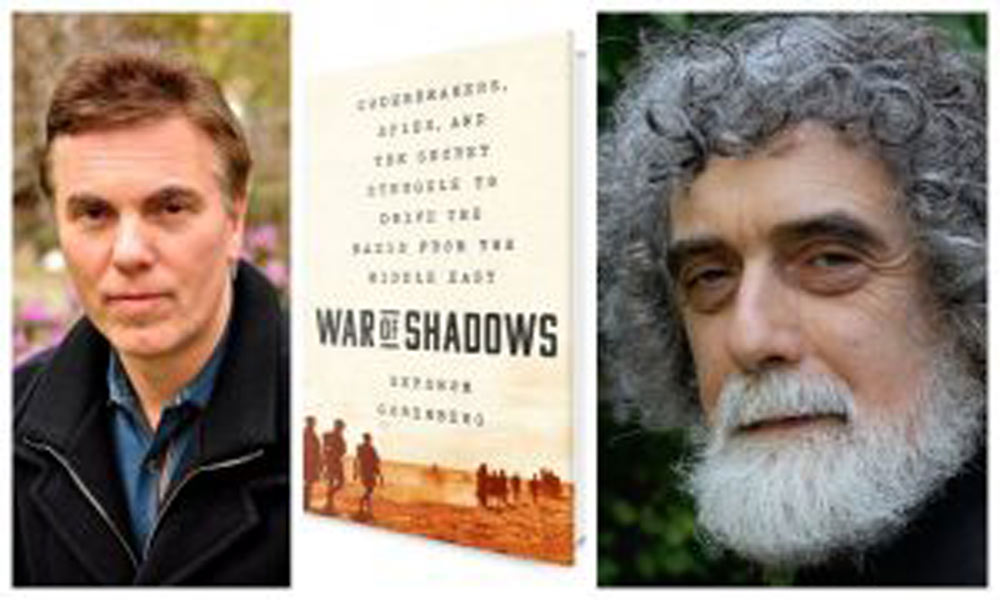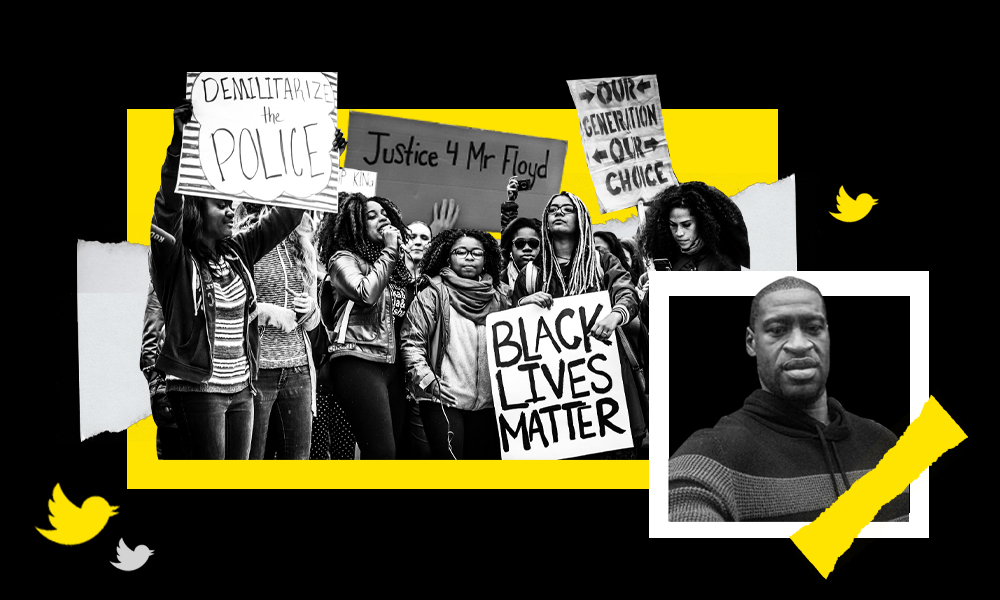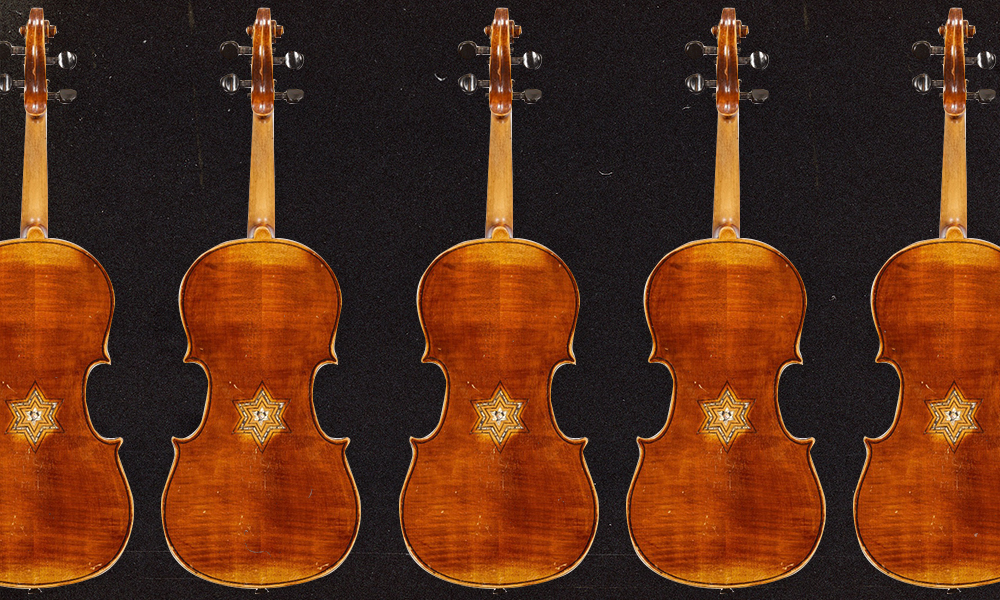Tell Us: What Does Community Mean in the 21st Century?
In our latest issue, we asked thinkers, experts and scholars: What does community mean in the 21st century—and how do we find it? We believe this is a critical question—and now, we want to hear your answers. Let us know what you think in the form below.
Can Robots Be Jewish? And Other Discussion Questions for Shavuot
Can robots Be Jewish? Should we edit our children’s genes? Are Jews still expecting a messiah? Is Judaism good for women?
What Will the Families of Meron Victims Think 110 Years From Now?
When the news started emerging about a tragic event at Mount Meron on Lag BaOmer involving casualties, Catriella Freedman couldn’t help thinking of her great-grandfather....
What it Takes to Grow a “Badass Woman” Journalist with CNN’s Dana Bash and her mother Francie Weinman Schwartz
Francie Weinman Schwartz turns the tables on her daughter and interviews CNN's Dana Bash about her childhood, her career, how she juggles motherhood with work, what it’s like covering presidents, how being a political journalist has changed over the years and the CNN series she launched, Badass Women of Washington.
Mayim Bialik Is Back—Though Was She Ever Really Gone?
It feels like Mayim Bialik is everywhere. She is talking about mental health on her new podcast “The Breakdown with Mayim Bialik”; she is hosting...
Why Comedians Love Jewish Mothers & More with Comedian Judy Gold
For veteran stand-up comedian Judy Gold, turning overbearing Jewish mothers into a shtick is an act of love and reverence.
Dispatch from a Mourning Israel
This dispatch comes to you from Israel, a nation still trying to overcome the loss of 45 lives during a Lag B'omer celebration on Mount Meron last Thursday.
Inside the Cover | Spring Issue 2021
Moment's designer, Marissa Vonesh, explains the process of developing the spring issue cover. After coming up with a few concepts, the team landed on a...
Beshert | Six Degrees of Aunt Beck
As editor of my college newspaper, the Oberlin Review, part of my job was to ensure that capable underclassmen were in place to lead it...
Codebreakers, Spies, and the Secret Struggle to Drive the Nazis from the Middle East with Journalists Gershom Gorenberg and Dan Raviv
In 1942 the Nazis came close to conquering the Middle East during World War II. Gershom Gorenberg , an award-winning journalist and author, spent years researching and piecing together the truth about Rommel’s army and just how close it was to Cairo and Tel Aviv. He will discuss his new book, War of Shadows: Codebreakers, Spies, and the Secret Struggle to Drive the Nazis from the Middle East, and share the journey that took him around the world to learn more about this fascinating story of espionage and intrigue. Gershom will be in conversation with former CBS News correspondent and Moment contributor Dan Raviv.
Twitter Explained | Did We Just Get Justice for George Floyd?
Tens of thousands of Twitter users tuned in last week to hear the jury’s verdict in Derek Chauvin’s trial for the murder of George Floyd....
The Stars of David that Aren’t
Violins decorated with mother-of-pearl six-pointed stars have gained popularity and value with claims of Jewish or Holocaust origins. What do the experts say?

